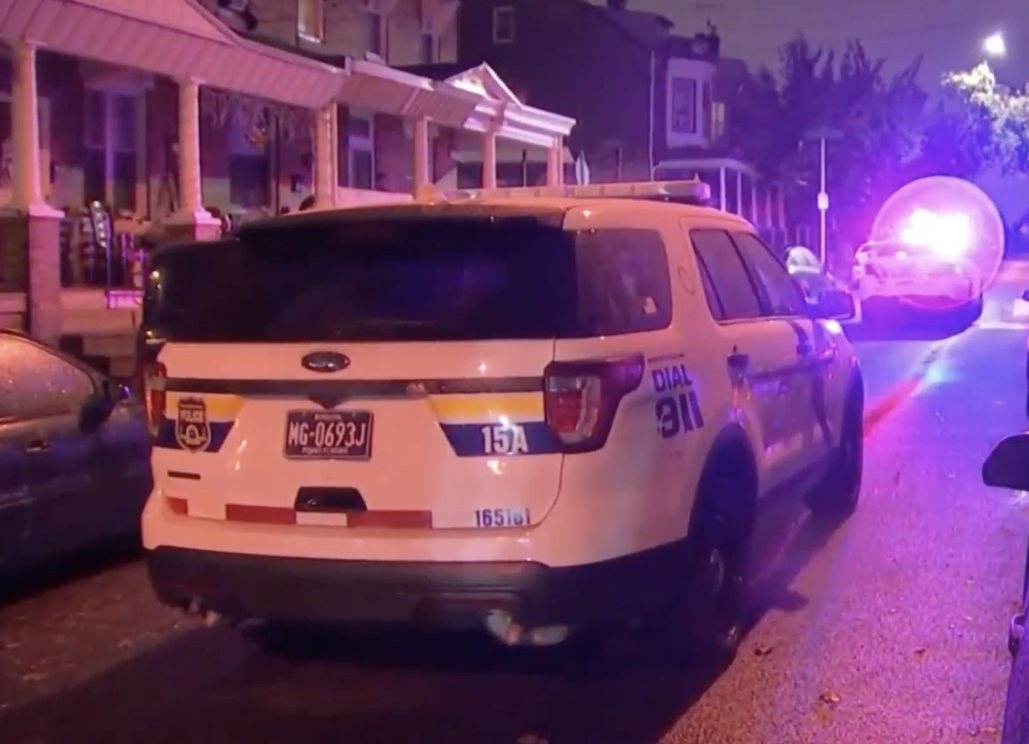This piece first appeared in Broad + Liberty. On November 20, 2022, FOX 29’s Steve Keeley reported that there were four homicides in just the last six weeks in the small Delaware County borough of Yeadon. As Keeley reported through his popular Twitter feed, that was more homicides than the entire four-plus year tenure of Yeadon Borough’s […]

